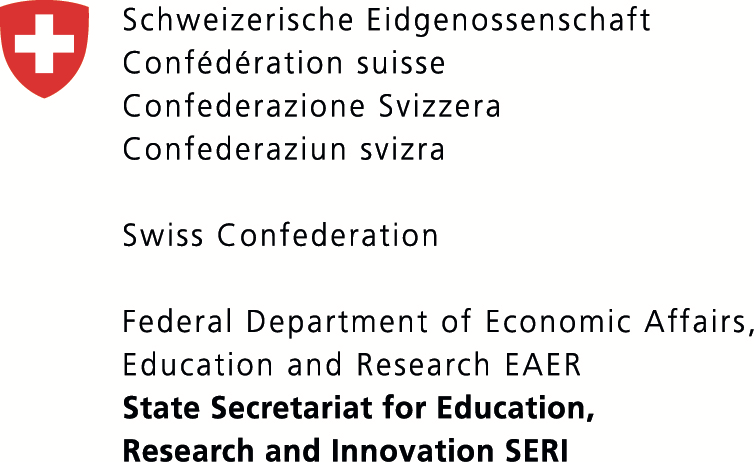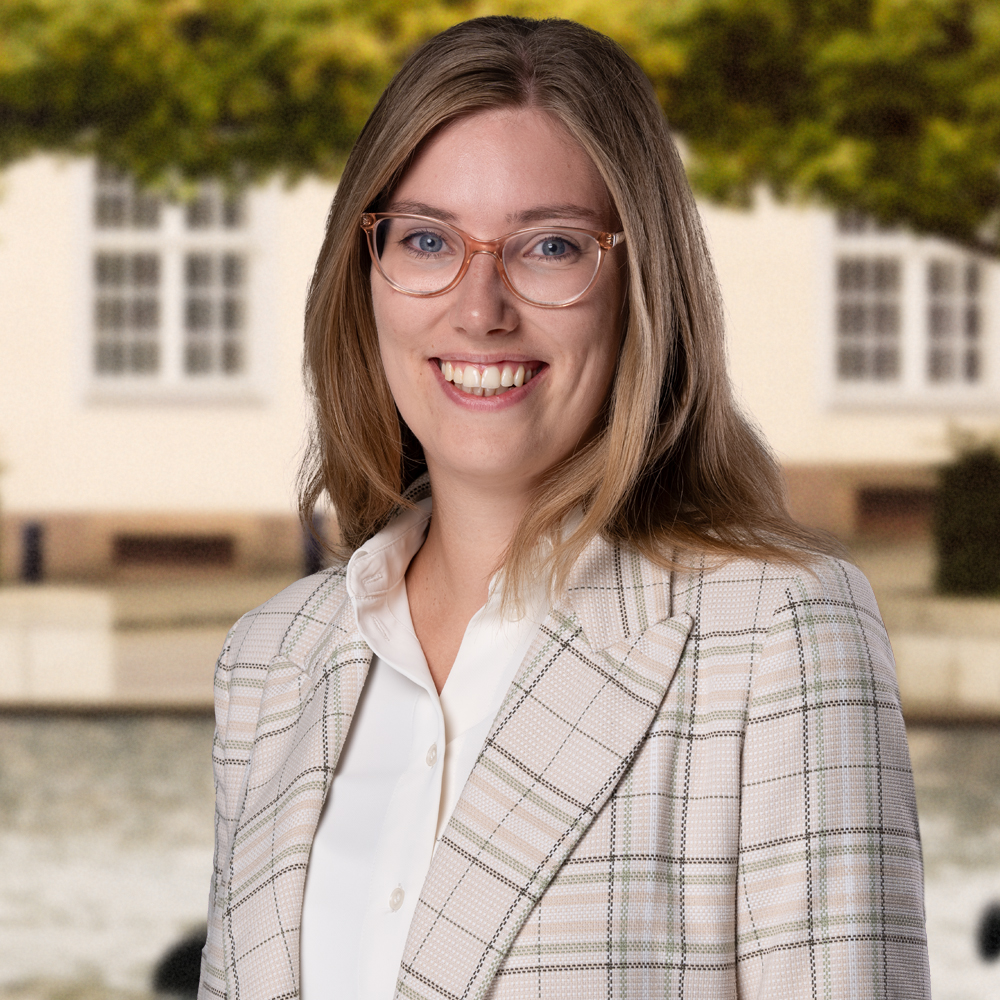Enhance resilience to climate change in diverse bio-geographical European regions
Accelerating and mainstreaming transformative Nature-based Solutions
Location
Demostration sites
Lelantine Plain (Greece)
Vacaresti Natural Park (Romania)
Zemgale Region (Latvia)
Canary Islands (Spain)
Blue Horizon, Limburg (Belgium)
Vienne River (France)
Artic (Norway)
Venice (Italy)
Replication sites
Iceland
Bucharest Children World Park (Romania)
Balearic Islands (Spain)
Lithuania
Grand Est (France)
Aim
The NATALIE project addresses existing and threatening climate risks and proposes the application of Nature-Based Solutions to help resolve them. The project mobilizes 8 demonstration sites and 5 replication sites to observe the effects of these solutions.
NATALIE will develop a set of 25 innovative solutions, including financing and public commitment measures, technical innovation, modelling and IT solutions and recommendations in terms of governance and policy at EU and regional level. The project provides an inclusive and scientifically verified framework for European and local policies related to climate change resilience.
The project, coordinated by the International Office For Water (OiEau, France), started in September 2023 and will last for five years. The project is funded by the European Union’s Horizon Europe Research and Innovation Programme under Grant Agreement No 101112859.
Challenge
Climate change comes with several threatening climate risks causing challenges, e.g., floods, droughts, the intensity of rainfall, risks from wildfires, and loss of biodiversity. Adapting to climate change is a key issue for the survival of ecosystems.
Approach
NATALIE Project will:
- Deploy NbS in Europe in consultation with local stakeholders through measures that are resilient to climate change and beneficial to ecosystems;
- Carry out replication studies following the tests carried out on the observation sites;
- Develop tools to assess the impacts of these solutions (including socio-economic impacts);
- Carry out various tests to develop appropriate financing tools.
Role of GIB
As part of NATALIE project, Global Infrastructure Basel (GIB) Foundation applies the Nature for Catchments Launchramp methodology to support several case studies to catalyse their NbS projects starting in the early pre-feasibility stage of project process, accelerate their bankability and help leverage private investment into nature.
Partners
Office Internal de L’Eau
KWR Water Research Institute
EURECAT
Business Development Group Romania Development Group SRL
National Technical University of Athens
AQUATEC
University of Thessaly
ICATALIST S.L
Universidad de La Laguna
Baltic Environmental Forum Lithuania
Vacaresti Nature Park Association
Fonds Nature 2050
Agencia Estatal Consejo Superior de Investigaciones Cientificas
Universitetet i Tromsoe – Artic University of Norway
Latvijas Lauksaimniecibas
Zemgale Planning Region
Water, Environment and Business for Development (WE&B)
AGT Advanced Groundwater Techniques
Aquafin
Vrije Universiteit Brussel
Vlaamse Maatschappij voor Watervoorziening
Consejo Insular de la Energía de Gran Canaria
Ayuntamiento de San Cristóbal de La Laguna
Canaragua
Universitat de les Illes Balears
Syndicat Mixte d’Aménagement et de Gestion du Parc Régional Naturel de Millevaches en Limousin
Syndicat d’Aménagement du Bassin de la Vienne
EPTB Vienne
Consorzio di bonifica Acque Riso
Thetis
Birzu rajono savivaldybes administracija
Matís Iceland
Primaria Sectorului 4
FieldFactors
WWF Greece
Municipality of Chalkis
Università Iuav di Venezia
Region of Sterea Ellada
International Institute for Sustainable Development
University of Exeter
Earthwatch Europe

The sole responsibility for the content of this website lies with GIB and the project and in no way reflects the views of the European Union or European Climate, Infrastructure and Environment Executive Agency (CINEA). Neither the European Union nor CINEA can be held responsible for them.
Project founded by



